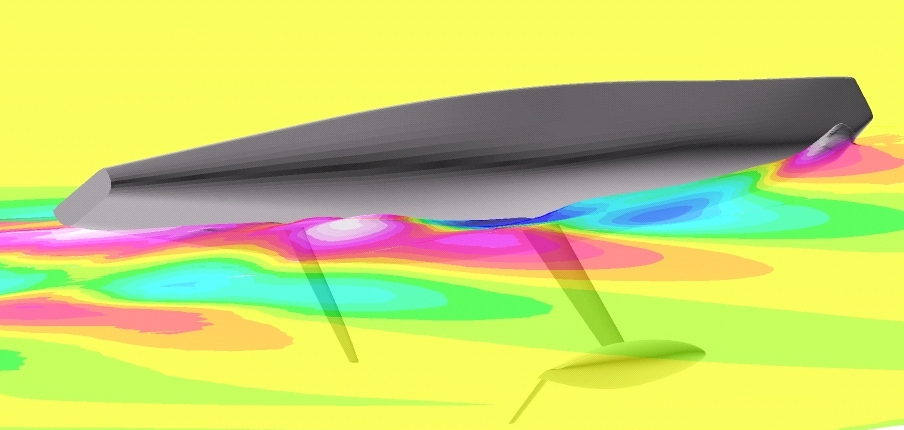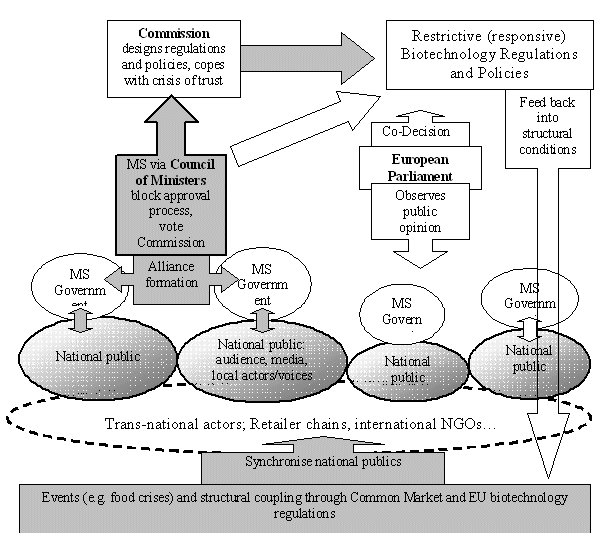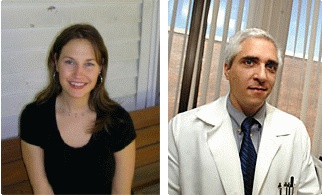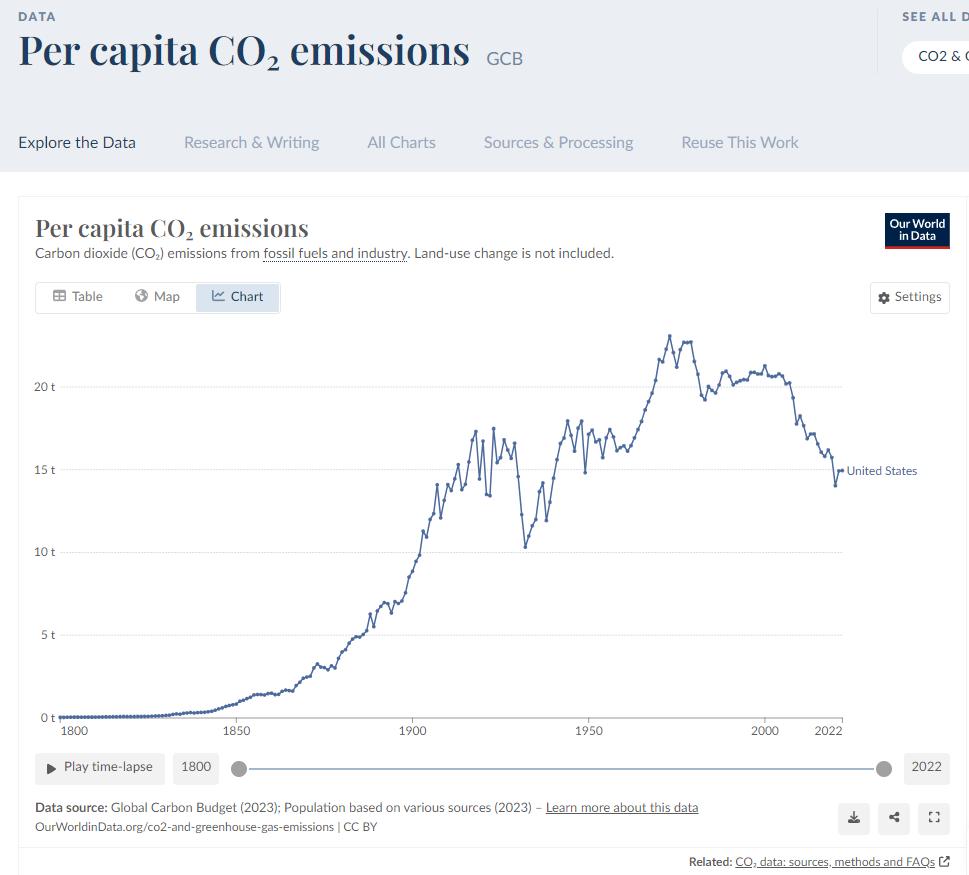 The Government Wants More Coal To Get Energy Costs Down - Is That Bad For The Air?
The Government Wants More Coal To Get Energy Costs Down - Is That Bad For The Air?President Donald Trump is about to sign an executive order restarting coal leasing on federal lands...
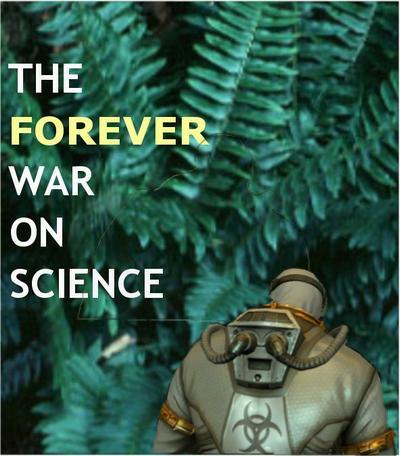 How Proposition 65 Made Products More Expensive Even Outside California
How Proposition 65 Made Products More Expensive Even Outside CaliforniaWhen the Proposition 65 referendum, the Safe Drinking Water and Toxic Enforcement Act of 1986,...
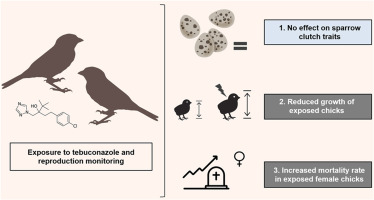 French Chicks Impacted Most: Activists Set Their Sights On Banning Tebuconazole
French Chicks Impacted Most: Activists Set Their Sights On Banning TebuconazoleA French team conducted experiments using sparrow chicks and write in Environmental Research...
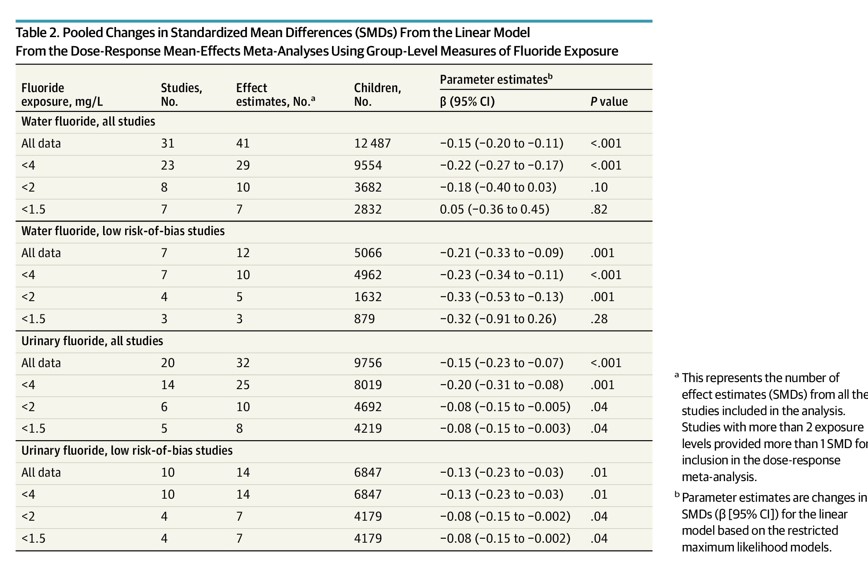 With Fluoride Ban, Utah Sets Out To Be The California Of The Right Wing
With Fluoride Ban, Utah Sets Out To Be The California Of The Right WingWhen asked about an effort to ban fluoride in drinking water, Utah Governor Spencer Cox said, "It’s...





